Real Estate Gives Back: How Cummings’ Buildings Power Charities
How one Boston developer-owner quietly became one of America’s most impactful billionaire philanthropists.
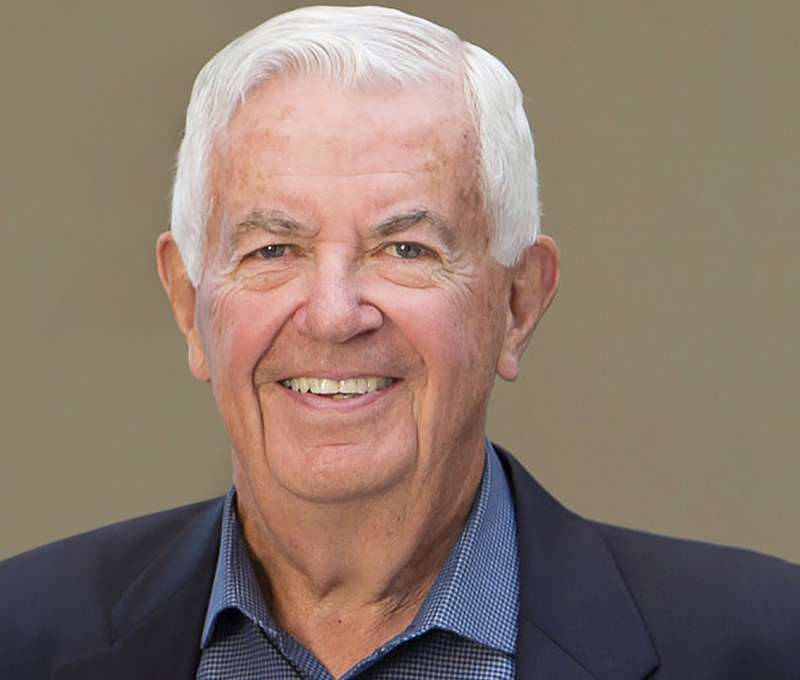
Bill Cummings, Founder, Cummings Properties. Photo courtesy of Cummings Properties
Until 2000, when Boston real estate developer Bill Cummings and his wife, Joyce, signed the Bill and Melinda Gates Giving Pledge, few of their longtime Winchester, Mass., bridge and PTA friends would have guessed the couple was eligible to join the Billionaire’s Club, the group of ultra-wealthy individuals and families who pledge more than half their wealth to help cure society’s ills.
“We were very secretive in everything we did before 2000,” said Cummings, who founded Cummings Properties in 1970 in the Boston suburb of Woburn. He eventually grew the company’s portfolio to more than 10 million square feet of prime suburban office, healthcare, laboratory, retail, medical office, and warehouse space.
The concept of the Giving Pledge, whose signatories include 204 of the world’s most powerful women and men (think Warren Buffet, Elon Musk, Bill Ackman, Stephen Ross, David Rubenstein, and Sarah Blakely), is also to make public their philanthropy and inspire others to do the same. Pledge signatories address issues that encompass poverty relief, refugee aid, global health, women and girls’ empowerment, medical research, the arts, criminal justice reform and sustainability.
At the time the Cummings signed the pledge, they had already given away 90 percent of their wealth, and the corpus of the Cummings Foundation, which the couple founded in 1986 as a way to put their money to work toward good rather than putting it “in a box,” already stood at $1 billion. Today its value is above $2 billion, and the majority of the 10 million-square-foot Cummings Property portfolio is owned by the foundation, which alone has made grants in excess of $260 million to Boston-area charities that benefit causes including human services, education, healthcare, and social justice.
One of the most publicized Cummings programs is Community Giving. Every year around Thanksgiving, each of Cummings’ approximately 380 employees gets to choose a community organization that receives $1,000. Cummings acknowledges that such money—which goes to recipients including neighborhood animal hospitals, soup kitchens, and afterschool daycare centers—is more than what people who aren’t wealthy can normally give. “We want to relate to the community more and let the people who create the money decide how to do it more,” Cummings said.
Full-time employees at the Cummings Foundation’s not-for-profit independent and assisted living communities (which together house more than 500 seniors) may participate in the Community Giving program as may select tenants of Cummings Properties, whose motto is “Cummings Buildings Power Charity”).
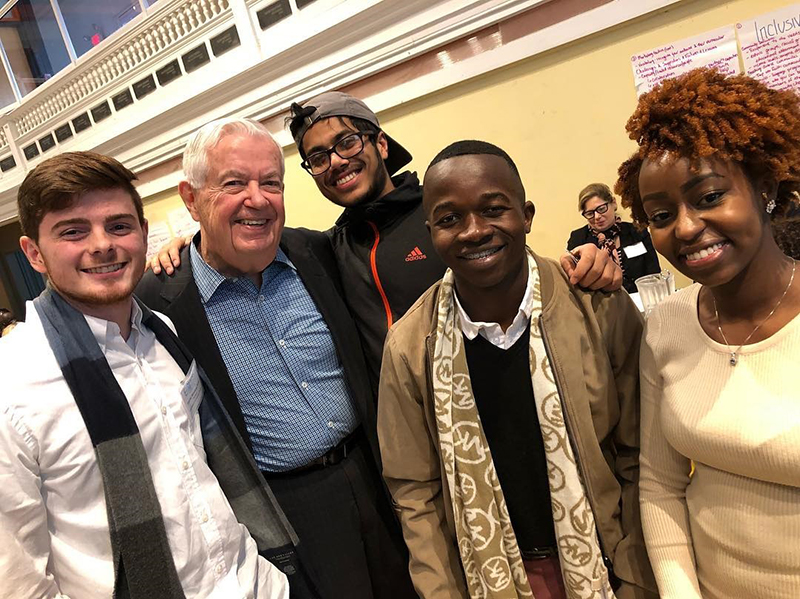
Bill with participants of EforAll, a nonprofit that fosters entrepreneurship in low-income communities. Cummings Foundation recently awarded it a $100,000 grant. Photo courtesy of Cummings Foundation
Tenants Feel Impact
The fact that 100 percent of profits have been going to charity over the last five or six years has changed the tenant-landlord dynamic, Cummings observes. “We don’t feel the same landlord-tenant tensions that often resonate between those two parties probably as much as we used to,” he said.
That same vision powers a similar program that makes a hundred $100,000 grants each year. Volunteers along with business, religious, and community leaders—and even a retired postman who delivered to the Cummings offices—read and vote on the roughly 600 grant applications that come in each May.
A key takeaway, Cummings notes, has been where the money goes. The initial thinking was that the charity should benefit the communities where Cummings owned buildings and did business. Over time, however, he realized that those communities tended to be well off, whereas communities in Boston’s inner city, where his colleagues lived, were in far greater need.
That 10-million-square-foot portfolio has been 100-percent debt-free for more than 30 years. “That was the way my family thought about things,” Cummings said.
Growing up, Cumming’s parents’ mortgage payment was $23 a month. Some months his mother would manage to send in an extra $15 to apply against the principal and cut down the interest over time. “That stuck with me,” Cummings said. He adds that he never attended business school and that, when he applied to Harvard Business School, he was told to go get more experience and come back in two years. Two years later, he had already figured things out.
The debt-free portfolio, coupled with keeping costs low, indeed packs a mighty punch when it comes to Cummings’ alma mater, Tufts, which received a $50 million commitment from the foundation to benefit its newly renamed Cummings School of Veterinary Medicine at Tufts University. (Cummings worked his way through school and paid back his lone scholarship—$50—before the end of the school year during which he received it).
Despite the rosy financial picture, Cummings says it was never his nature to spend lots of money on a “rich-and-famous” lifestyle and this “nature,” he said, has prevailed in his working life and made the business successful. He acknowledges, however, that he has been enjoying the friendship of other Giving Pledge members.
For example, there was the time that Warren Buffett called President Barack Obama to say he’d like to visit the White House with a group of Giving Pledge members and discuss how their philanthropic work might help government agencies accomplish more. A month later the two-hour meeting was set up.
The pledge is also about having access to other people of similar means who want to share ideas and support one another in their philanthropic work. Bill and Melinda Gates, for instance, matched the Cummings Foundation with a $15 million grant to launch Rwanda’s University of Global Health Equity, a medical school that will help build a knowledge economy there.
As astonishing as the Cummings story is, it’s made even more poignant when considering the reaction of the couple’s four children to their parents giving 100 percent of their fortune to charity. At one stage, Cummings said, he and his wife transferred substantial amounts of money to each child. “They determined the money was excessive to their needs and their families’ needs,” he recalled. The Cummings children instead gave that money to the foundation.



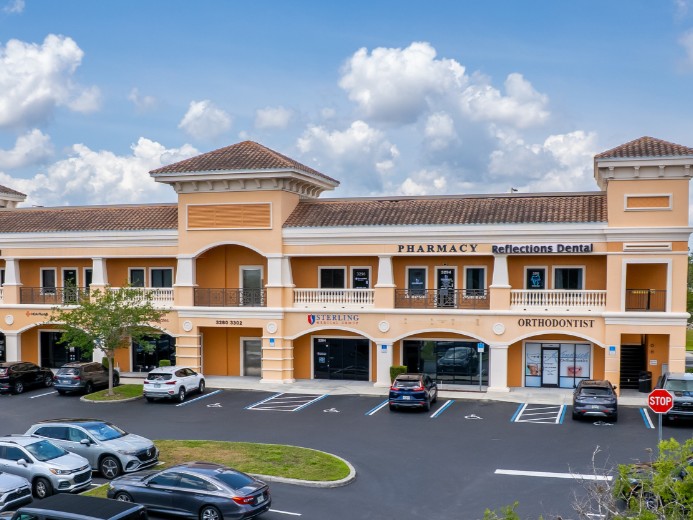
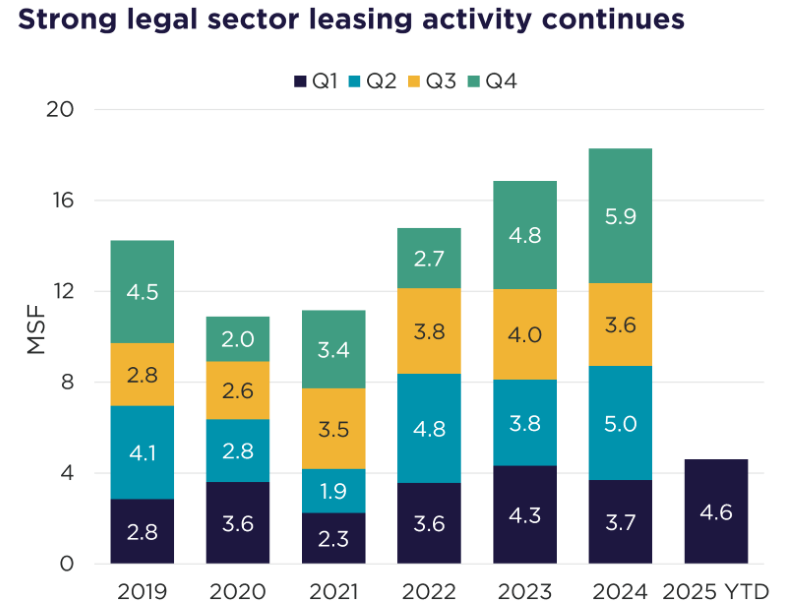
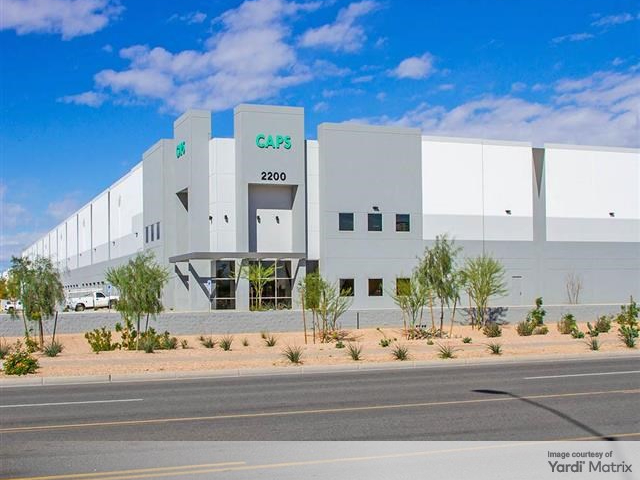
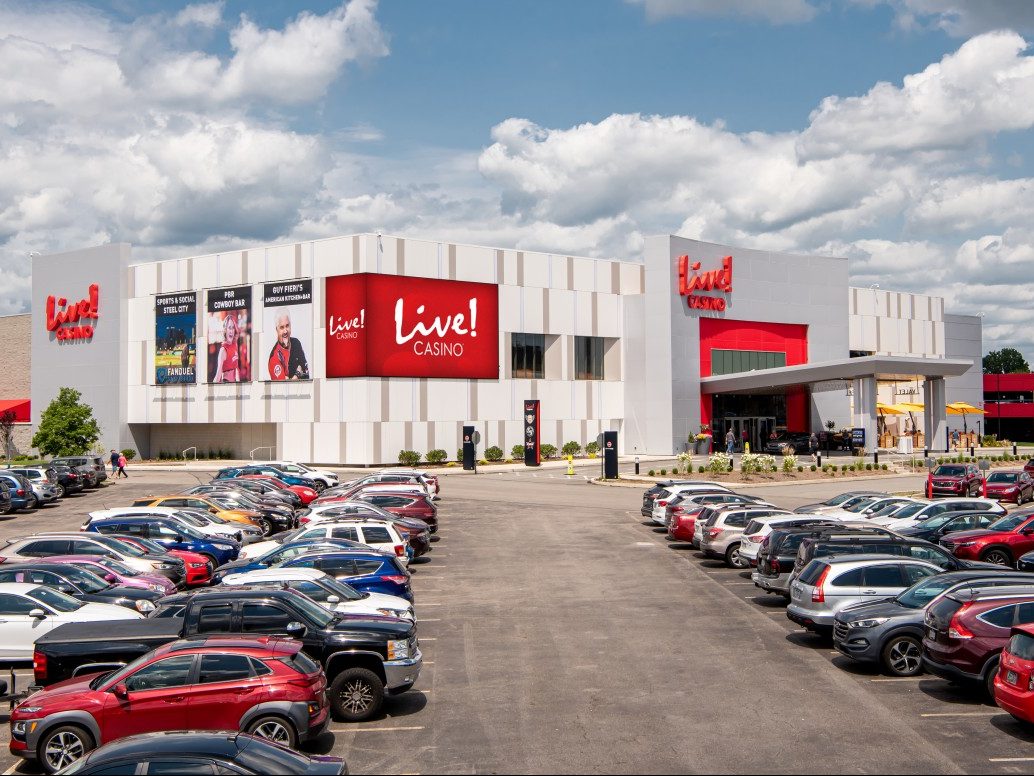
You must be logged in to post a comment.